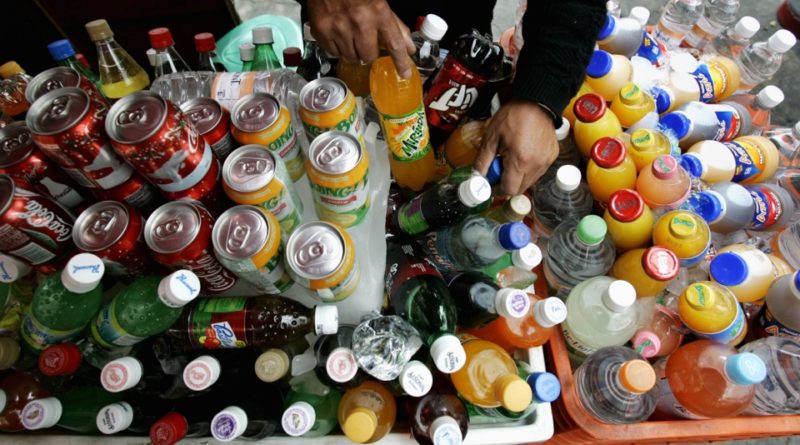Cola-Based Soft Drinks Linked to Memory Problems and Dementia
[Please note that this page contains affiliate links. If you choose to purchase after clicking a link, I may receive a commission at no extra cost to you.]
According to a new study, drinking cola-based soft drinks over some months can result in oxidative stress and memory impairment in the brain. Scientists from The University of Southern Santa Catarina in Brazil discovered that the markers of biological stress increased significantly in the brains of rats after 67 days of drinking cola-based soft drinks. Moreover, it had major implications on behaviour.
This study was published in Experimental Gerontology.
A team of scientists looked to understand how these soft drinks affect rodents’ brains in a lab environment. Research done in the past has implicated high soft drink consumption with increased risk of cognitive decline and disease.
Rats were put into two different groups. One had unlimited access to cola-based soft drinks, they also had access to water if wanted, and the other group just had water. The rats were on this cycle for 67 days and finished on the 68th day to analyze the rat’s brain tissue. Before being slaughtered for science, they were also exposed to many maze tests that evaluate behaviour and spatial memory to identify the differences between the soft drinks and the control groups.
In the younger rats (2 to 8 months old), the cola-based soft drinks produced memory impairments and caused lower scores on maze tests, although this effect wasn’t in the older rats. Upon brain tissue analysis, high oxidative stress biomarkers were found in the pop-drinking rats of all ages, signifying biological changes. But the young rats were more vulnerable to changes in behaviour.
These findings are similar to previous research that shows soft drink intake is linked with cognitive and neurodegeneration impairments, with greater levels of oxidative stress which is also linked to an increased risk of dementia.
As high-sugar diets also show similar results, the rats drinking cola-based soft drinks didn’t have high blood glucose levels, demonstrating some other mechanism could be at play.
The researchers identified that there could be differences between sexes, and male rats were the only ones tested in the study. However, future studies should use both females and males to look for differences, as they respond differently often to dietary risk factors, which include high sugar intake.
So, while researchers do not know if the effects are the same in humans, it could be time to put down that can of coke and settle for some good old-fashioned tap water.


